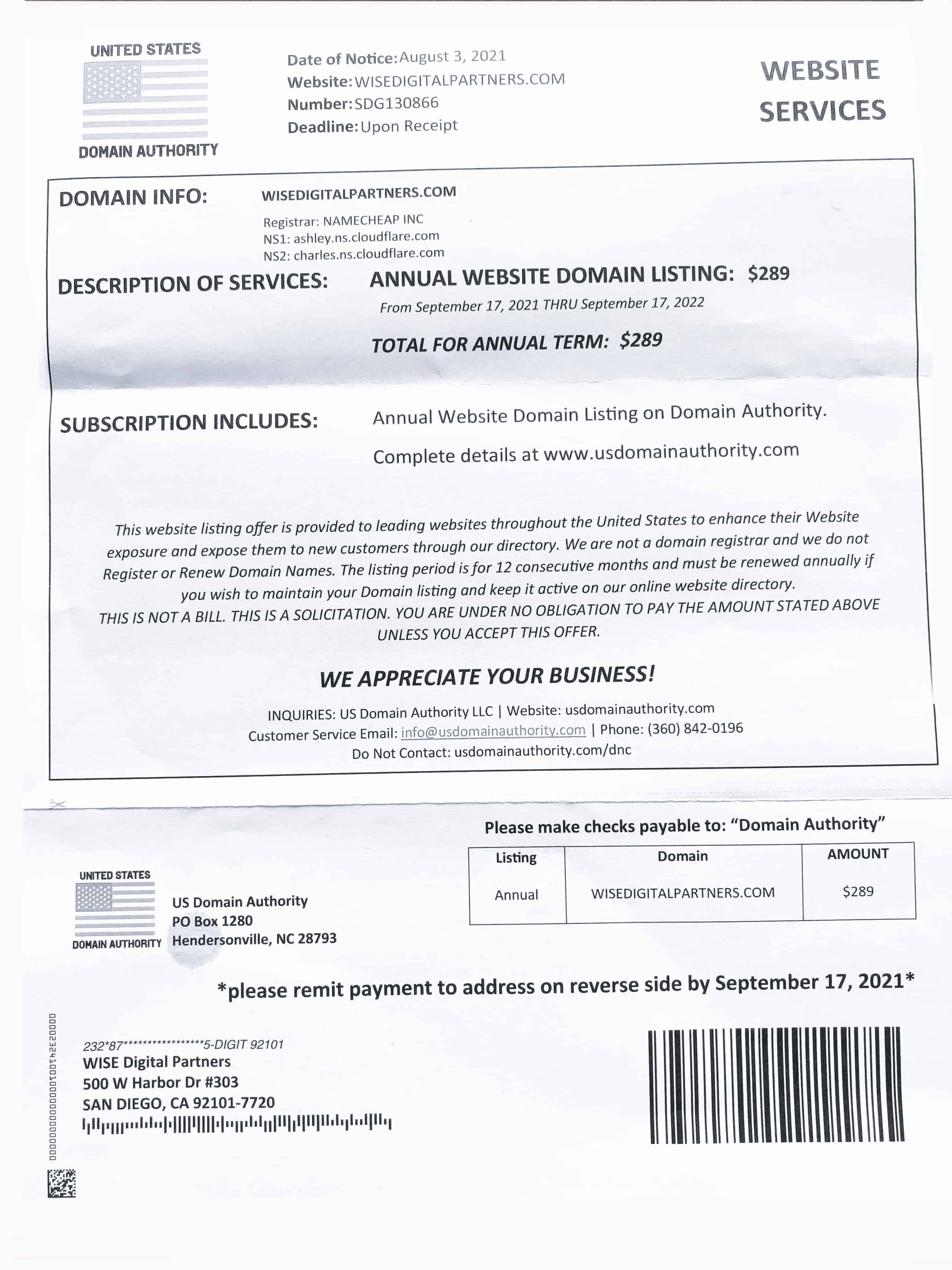It's Time to Get WISE.
A quick, honest call to assess your needs and point you in the right direction—no sales pitch. Best suited for:
- Established businesses with a defined marketing budget
- Businesses prepared to grow and scale
A deep dive with a top expert to uncover gaps and map a smarter path forward.
- Includes a $250 digital audit covering your website, SEO, local presence, and online performance—yours to keep.
- Get smart, actionable ideas you can apply to your business right away.

Enter the email you would like your guide sent to:

Enter the email you would like your guide sent to:

Enter the email you would like your guide sent to:
Apply Today
Please fill out the information below. Someone on our team will reach out in 3-5 business days to schedule a call if we see a good fit.
Book Patrick Dillon
Thanks for your interest in booking WISE CEO Patrick Dillon on your podcast! Please complete the form below, and a team member will contact you shortly.

Remove Negative Reviews.
Phishing Alert! Beware Of Domain Registration Scam

September 3, 2021
- 4 min read

If you own a website with an active domain, which every business owner does, we want you to know about this common scam that may rip you off. The domain registration scam is one that’s been around for a while. We want you to know that we’re here to help you as your partner and share insights into those trying to trick you and your team into falling victim.
This scam isn’t particularly clever, but it can be easy to fall for, and many of our clients have.
How The Scam Works
When you register a domain with a service like GoDaddy, you automatically make your information, including name, email, and address, available to the public (unless you pay extra for private registration). Once that information is out there, anyone can look it up on sites like whois.com.
Scammers have tools to scrape that type of data from the internet, giving them precisely what they need to create a fake invoice and send it to you. Then, they label the fake invoice with something like “Website Listings Service” or “Domain Name Expiration Notice” to trick you, or your team, into believing it’s real. And the amount they ask you to pay is typically low enough, so you’ll think it’s a legitimate bill.
There are con artists behind the letter hoping you’ll pay it without a second thought. Many of our clients have done that over the years.
How To Spot a Domain Registration Scam
If you receive a notice regarding your domain, read through it in its entirety and pay attention to details.
Look Closely
- Is there a contact telephone number on the invoice? If so, do a test call. Usually, false documentation does not provide direct contact information.
- Perform a web search to see if the company has any documented scams.
- Check with the Better Business Bureau to see if the company has any complaints on file.
- Does the dollar amount make sense? Domain name renewals typically run around $15 to $20, so if it’s significantly higher than that, it’s a red flag. If you purchased your domain name from a reliable domain hosting site such as GoDaddy, you would receive an invoice directly from the company, and they never use snail mail. They only email you.
Note The Language
Does it have an odd title such as WEBSITE LISTING SERVICE? This doesn’t even make sense. There’s no such thing (there is only “domain registration” and “website hosting”).
DOMAIN NAME EXPIRATION NOTICE is another red flag. This you should know is fake if you remember where your domain is registered and it’s not listed in the letter.
Generally, these letters also have very clear language that people often skim past, noting that it’s NOT a bill but a solicitation of services. Here’s an example from one scam company, DOMAIN LISTINGS, based in Las Vegas, Nevada:
This website listing offer is provided to leading websites throughout the United States to enhance their Website exposure and to expose them to new customers through our directory. We are not a Domain Registrar and we do not Register or Renew Domain Names. The listing period is for 12 consecutive months and must be renewed annually if you wish to renew your Domain Listing and keep it active on our online website directory.
THIS IS NOT A BILL. THIS IS A SOLICITATION. YOU ARE UNDER NO OBLIGATION TO PAY THE AMOUNT STATED ABOVE UNLESS YOU ACCEPT THIS OFFER.
In the notice below, which we received at WISE Digital, the scammer slightly altered actual digital terms and made them appear as though they are necessary services for a business.
- A 12-month term on domain authority: This is a fake and totally made-up offer. Domain Authority is a rating system. The company is fraudulently making it appear as if Domain Authority is a company or a service.
- Listing maintenance: This has nothing to do with online directories.

Known Scammers
Several known companies send these types of fake invoices. Here are some that we’ve run across at WISE Digital. If you see a notice from them, toss it. And if you have someone assigned to open your mail, make sure they know about these.
- United States Domain Authority, Henderson, NC
- DOMAIN LISTINGS, Las Vegas, NV
- Main Street Web Pros LLC, Wilmington, DE
- Internet Domain Name Services (IDNS), Jersey City, NJ
Key Information You Should Know About Your Domain
It’s important to understand that as a domain owner, you only have two mandatory costs to keep your website live and active:
- Registration: It’s typically through a site like GoDaddy and generally runs about $10 to $18 per year, depending on promotions and length of registration. This service protects the ownership of your domain.
- Website Hosting: This is what keeps your website up and active. Anything else is suspect and could be a scam. Website hosting typically costs about $15 per month for cheap hosting or up to $50 per month for premium hosting.
As a business owner, you should also know where your domain is registered and where your website is hosted. Write down the information and keep it wherever you keep other essential business records, like your bank information and EIN.
Additionally, keep track of your domain name’s purchase date and the website you registered it on. You should receive a renewal reminder just before your one-year purchase anniversary.
Have Questions?
If you want to know more or would like us to look at a questionable letter you received, don’t hesitate to reach out to us. We’re happy to help.
Share
Subscribe to WISE Insights
Stay ahead of the digital marketing curve and never miss a lucrative trend or insightful tidbit – subscribe to our WISE blog!
Keep Reading
Build. Grow. Soar.
Get WISE about digital marketing with advanced services, industry experts, and cutting-edge tools designed for long-term, sustainable growth.




